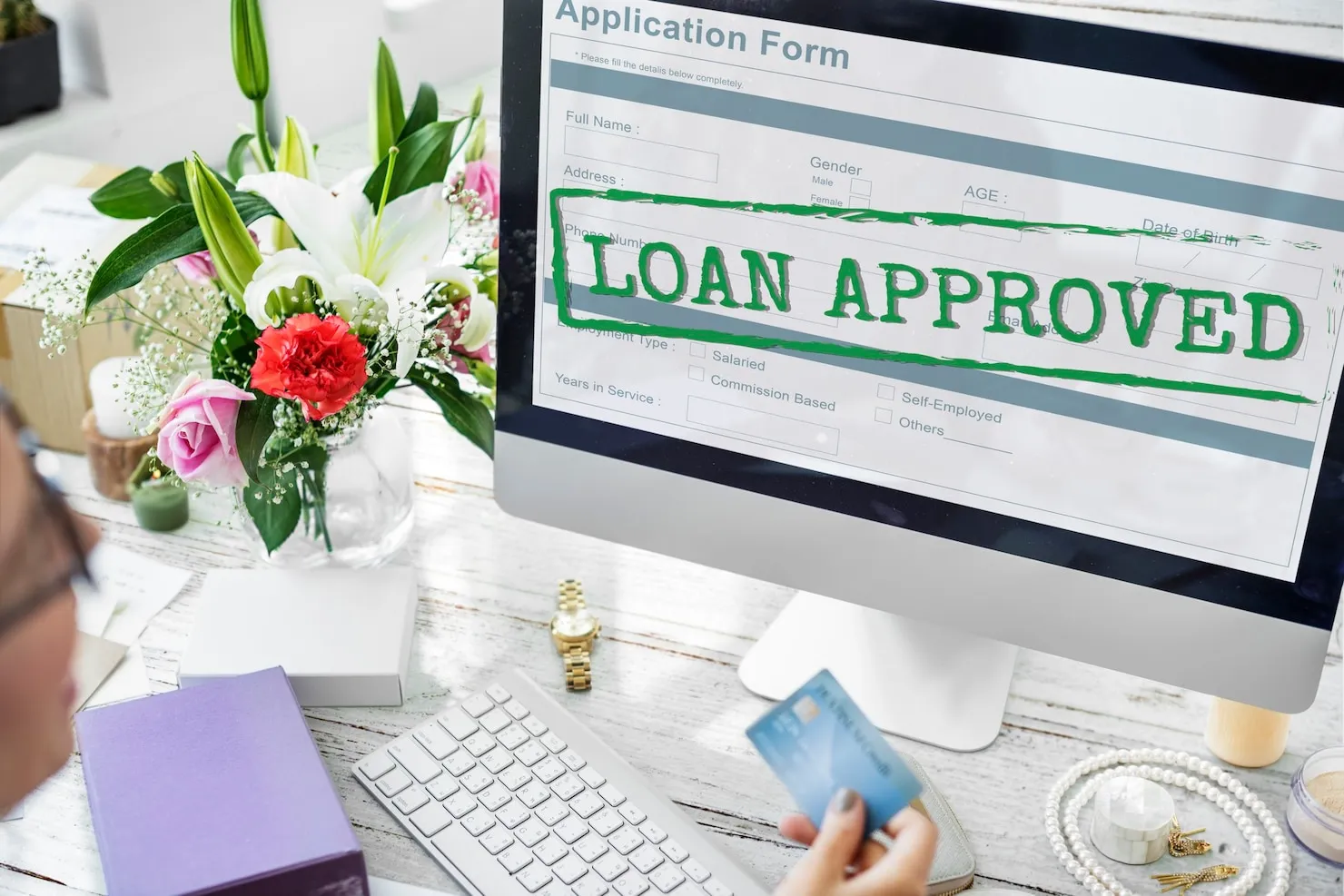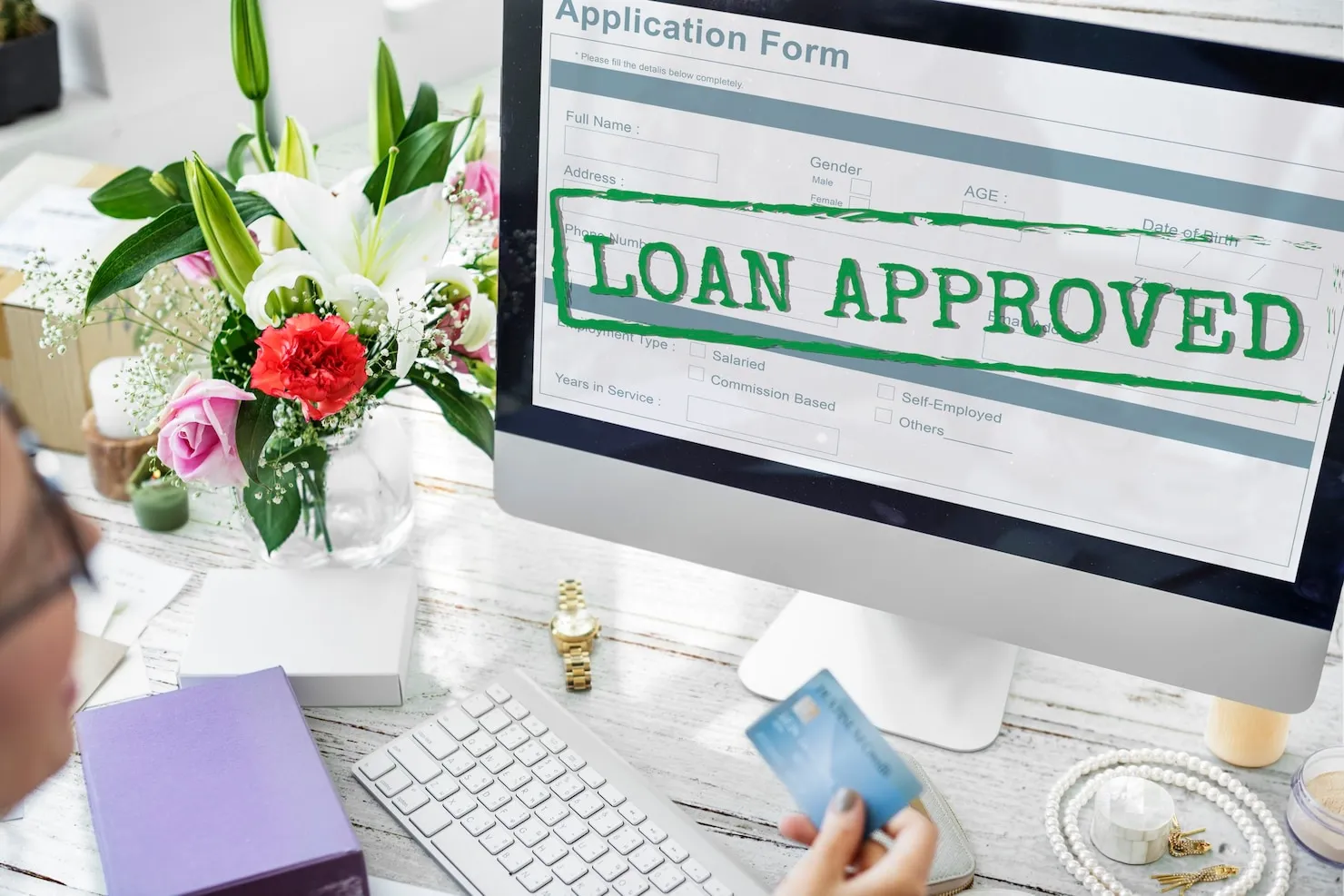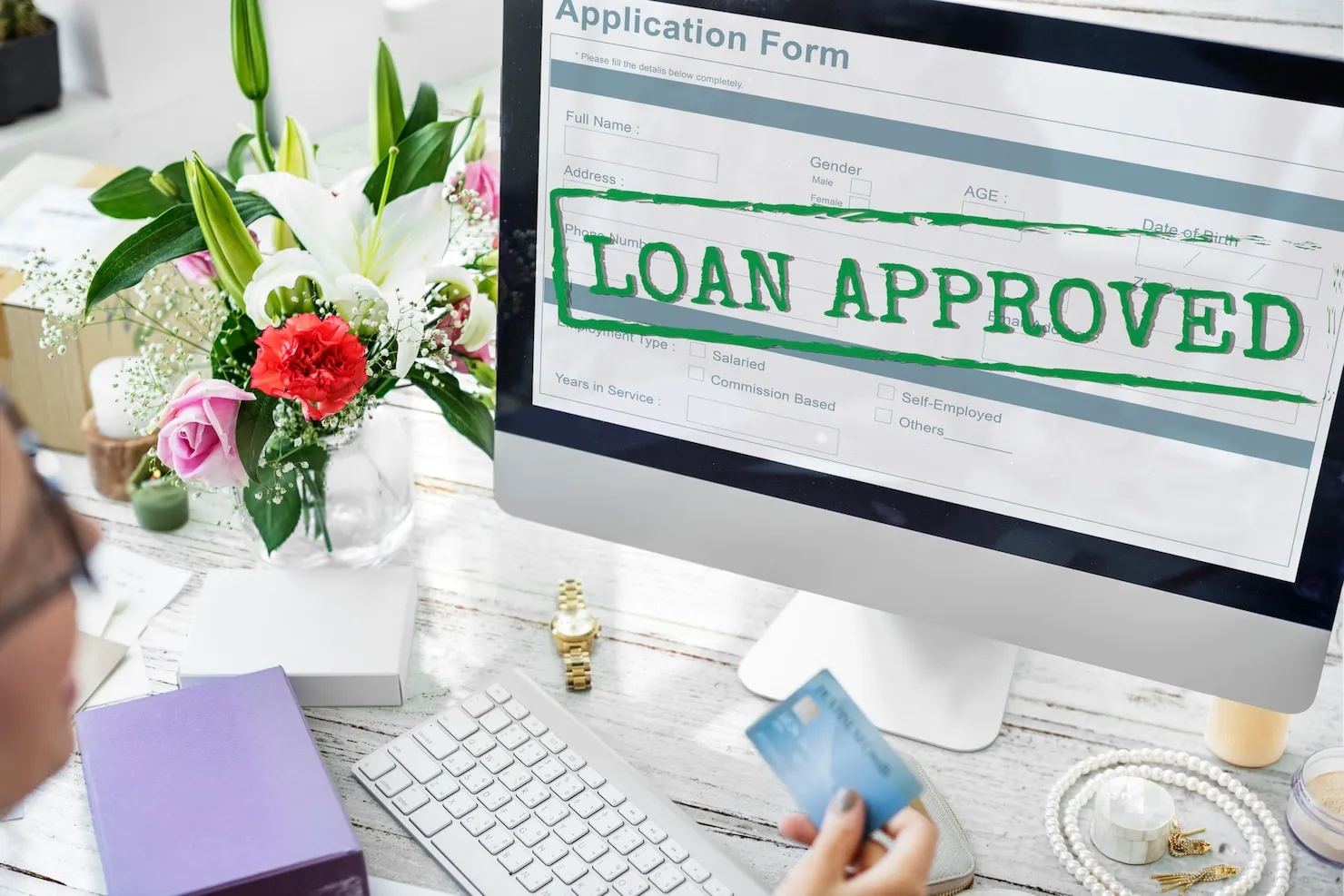Student loans can feel like a lifelong burden. For many graduates, the thought of paying them off faster sounds like the ultimate relief. But before you throw every extra dollar at your debt, it’s important to step back and ask: is it really worth it to pay off student loans early?
The short answer: it depends on your financial situation, interest rates, and long-term goals. Let’s break it down.
Samajh gaya 👌 ab main full long-form blog article likhta hoon jo SEO optimized + conversational + USA base tone me hoga. Keyword naturally integrate hoga: is it worth it to pay off student loans early.
Is It Worth It to Pay Off Student Loans Early?
Student loans can feel like a lifelong burden. For many graduates, the thought of paying them off faster sounds like the ultimate relief. But before you throw every extra dollar at your debt, it’s important to step back and ask: is it really worth it to pay off student loans early?
“Some people even start small side hustles to put extra money toward their loan balance.”
Why Some People Choose to Pay Off Student Loans Early
- Save on Interest
Every extra payment reduces your loan balance. That means less interest over time. For borrowers with high interest rates, early payoff can save thousands of dollars. - Peace of Mind
Being debt-free provides emotional relief. You don’t have to worry about monthly payments or how debt impacts your financial freedom. - Increase Financial Flexibility
Without student loan payments, you can put more money toward retirement, buying a home, or building wealth in other ways.
Reasons to Hold Off on Paying Loans Early
- Low Interest Rates
Many federal student loans carry relatively low rates (often 3–5%). If your loans are cheaper than your potential investment returns, paying them off aggressively may not be the smartest move. - Other Financial Priorities
- Do you have high-interest credit card debt?
- Do you have an emergency fund?
- Are you saving enough for retirement?
- Federal Loan Benefits
Federal loans sometimes qualify for forgiveness programs or income-driven repayment. Paying them off too soon could mean missing out on these benefits.
A Balanced Approach
For most borrowers, the best strategy is somewhere in the middle:
- Make minimum payments to stay in good standing.
- Pay extra when you can, but don’t sacrifice your emergency fund or retirement savings.
- Focus on the loans with the highest interest rates first (the “avalanche method”).
This way, you get the benefits of reducing debt while still growing your financial future.
When It Makes Sense to Pay Off Early
You should seriously consider paying off student loans early if:
- Your loan interest rates are high (above 6–7%).
- You already have a solid emergency fund.
- You’re contributing to retirement accounts.
- You don’t qualify for forgiveness programs.
In this case, early payoff can save you money and speed up your path to financial freedom.
Final Thoughts
So, is it worth it to pay off student loans early? For some people, absolutely. For others, it’s better to balance debt repayment with savings and investing.
The key is understanding your financial priorities. Debt payoff should feel like a step toward freedom, not a burden that holds you back from other goals.


